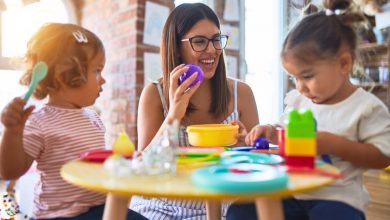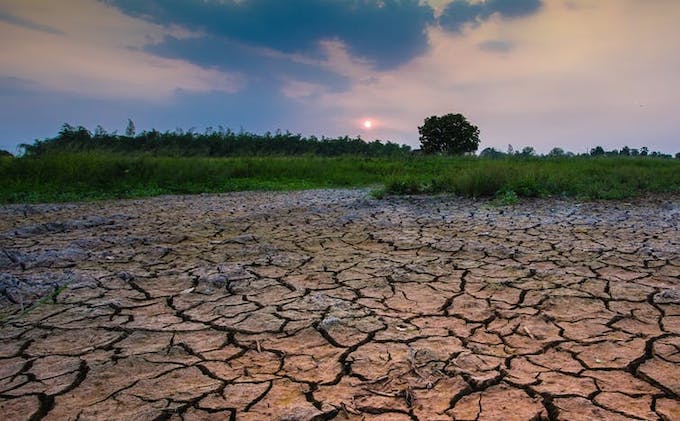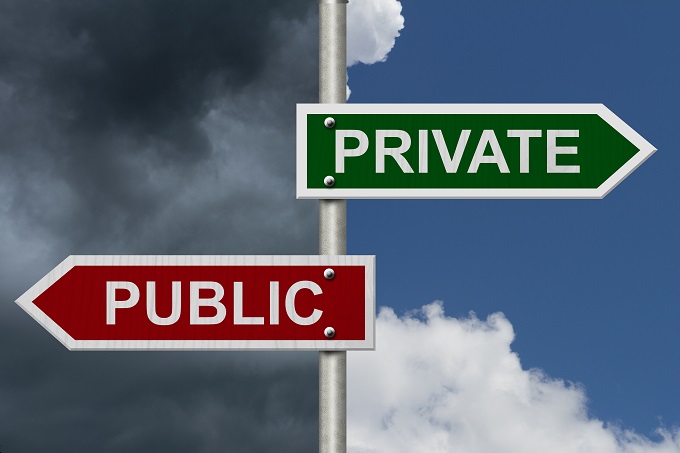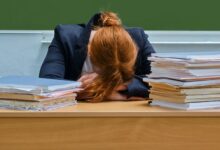NewsFor funTeacher's Desk
Ten ways to show appreciation to other teachers
Don't leave it up to the students to celebrate Teacher Appreciation Day
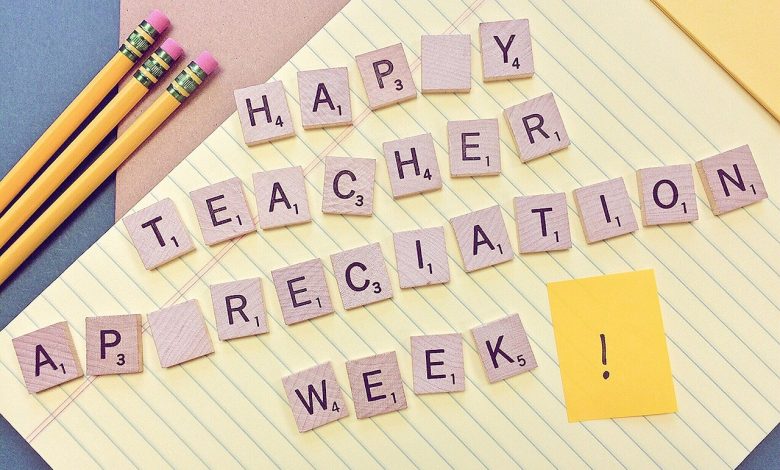
While World Teachers’ Day has just passed (October 5), in Australia, Teacher Appreciation Day is celebrated on the last Friday in October (October 25).
Read the latest print edition of School News HERE
While it’s intended to be a day when families, students, and Parent Organisations shower educators with love and appreciation (preferably in the form of a bountiful morning tea or well-stocked hamper), it’s also a good opportunity to show your colleagues how much you appreciate them.
- Create a Staff Shout Out board: If you have a white board or empty wall in the staff room, fill it with empty, colourful Post-It notes and let the staff write little notes or shout-outs to each other. It’s a great team-building exercise and nice visual reminder of the support and appreciation among the team.
- Organise a morning tea: If your students don’t organise teachers a special feast (though they should!), plan a potluck lunch or morning tea, where everyone brings something to share. Alternatively, ask some kindly souls in Admin to provide the feast. Failing that, if you’re baking over the weekend, make a double batch and bring to share on Monday.
- Caffeinate a Colleague: Surprise someone with their favourite coffee and a kind note. It’s a simple gesture that can mean a lot. If they’re not coffee drinkers and a cup of tea doesn’t cut it, why not gift them an indoor plant that makes their desk feel lush and green.
- Speak up in meetings: At your next staff meeting, mention a colleague’s hard work or achievements, whether it’s work-related or not. Create a culture of appreciation. Alternatively, talk behind their back by saying nice things about a colleague to another colleague.
- Share Resources: Let someone know you’re thinking of them by sharing a great teaching resource or lesson idea. If you’ve read an inspiring book or article, share a summary with someone you know will appreciate it.
- Pass on Positive Feedback: If you hear something nice, don’t keep it to yourself. Knowing they’ve made a positive impact can be incredibly affirming.
- Give the gift of time: Sometimes, just offering a colleague the gift of time to cover a class, help set-up (or clear-up!) an activity or lend a pair of hands to their extra-curricular club or activity, can be more valuable than anything.
- Notice their extra effort: It might be organising the early morning run club, bringing a loaf of bread and jar of vegemite for the kids who miss breakfast or spending evenings making an elaborate set for the graduation assembly – some teachers go above and beyond, make sure they know you appreciate it.
- Share your favourite book: If you have a favourite book (a text book, novel or picture book for kids) buy a copy for someone you appreciate. Alternatively, if you’ve noticed their classroom copy of an old favourite is looking tatty, surprise them with a new copy.
- Get the kids involved: if a teacher is doing some spectacular, then get their class involved in making a special thank you. It might be a class party, a classroom makeover or just a giant card with a message from each of the kids.
Can you suggest other ways to show appreciation to other teachers?

